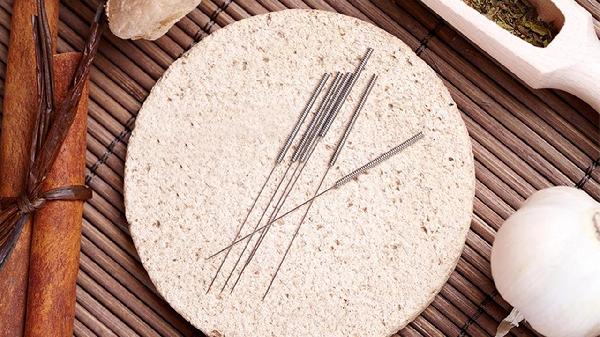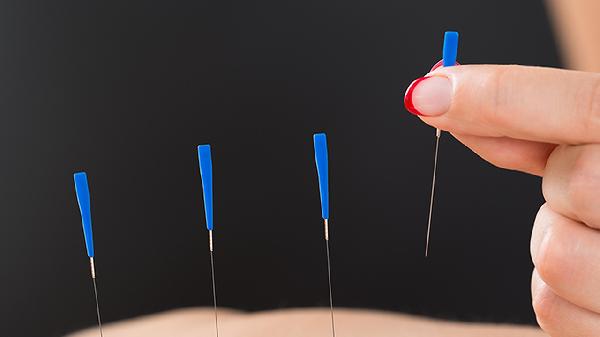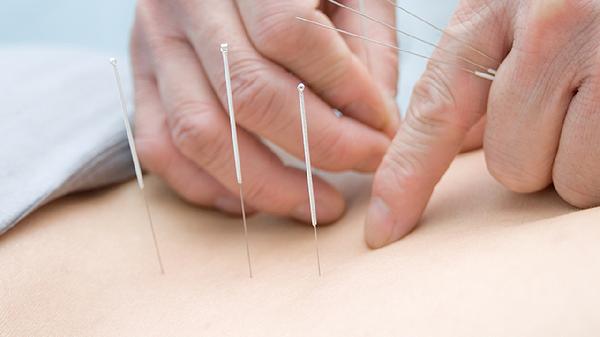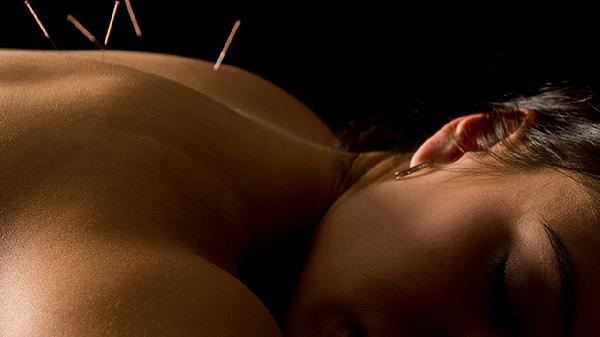Yes, acupuncture can be a supportive tool in weight loss by regulating appetite, improving digestion, and reducing stress, but it is not a standalone solution. For optimal results, it should be combined with a healthy diet, regular exercise, and lifestyle changes.
How Acupuncture Works for Weight Loss
Acupuncture, a traditional Chinese medicine practice, involves inserting thin needles into specific points on the body to stimulate energy flow (Qi). For weight loss, it targets points that influence metabolism, appetite, and stress levels. Research suggests that acupuncture may help regulate hormones like ghrelin and leptin, which control hunger and satiety, and improve digestion by enhancing the function of the gastrointestinal system. Additionally, it can reduce stress and emotional eating by balancing the nervous system and promoting relaxation.

Key Acupuncture Points for Weight Loss
Several acupuncture points are commonly used to support weight loss. The "Ear Shenmen" point is believed to reduce cravings and emotional eating, while the "Stomach 36" point aids digestion and boosts energy. The "Spleen 6" point helps regulate metabolism and hormonal balance, and the "Ren 12" point supports digestive health. These points, when stimulated, can create a synergistic effect that promotes weight management.
Benefits of Acupuncture for Weight Loss
One of the primary benefits of acupuncture is its holistic approach to weight loss. Unlike crash diets or extreme exercise regimens, acupuncture addresses underlying issues such as hormonal imbalances, stress, and poor digestion. It can also improve sleep quality, which is crucial for weight management, as poor sleep is linked to weight gain. Furthermore, acupuncture is a non-invasive and low-risk therapy, making it a safe option for those seeking alternative treatments.
Limitations of Acupuncture for Weight Loss
While acupuncture can be beneficial, it is not a magic solution for weight loss. Its effectiveness varies depending on individual factors such as body type, lifestyle, and adherence to complementary practices like diet and exercise. Acupuncture alone cannot replace the need for a calorie deficit or physical activity. It is best used as part of a comprehensive weight loss plan rather than a standalone treatment.
Combining Acupuncture with Other Weight Loss Strategies
To maximize the benefits of acupuncture, it should be integrated with other healthy habits. A balanced diet rich in whole foods, regular physical activity, and stress management techniques like meditation or yoga can enhance the effects of acupuncture. Working with a licensed acupuncturist who understands your health goals can also ensure that the treatment is tailored to your specific needs.
What to Expect During an Acupuncture Session
During an acupuncture session, the practitioner will assess your health and discuss your weight loss goals. They will then insert thin, sterile needles into specific points on your body. The process is generally painless, and many people feel relaxed during the session. Depending on your needs, the practitioner may also recommend dietary advice, herbal supplements, or lifestyle changes to support your weight loss journey.
Scientific Evidence Supporting Acupuncture for Weight Loss
Several studies have explored the effectiveness of acupuncture for weight loss. Research published in the Journal of Acupuncture and Meridian Studies found that acupuncture, when combined with dietary changes, led to significant weight loss in participants. Another study in the International Journal of Obesity reported that acupuncture helped reduce waist circumference and body mass index (BMI) in overweight individuals. While more research is needed, these findings suggest that acupuncture can be a valuable adjunct therapy for weight management.
Potential Side Effects and Precautions
Acupuncture is generally safe when performed by a licensed practitioner, but some people may experience mild side effects such as bruising, soreness, or dizziness. It is important to choose a qualified acupuncturist and inform them of any medical conditions or medications you are taking. Pregnant women and individuals with bleeding disorders should consult their healthcare provider before undergoing acupuncture.
Long-Term Weight Management with Acupuncture
Acupuncture can be a helpful tool for long-term weight management by addressing the root causes of weight gain. Regular sessions can help maintain hormonal balance, reduce stress, and support healthy digestion. However, sustaining weight loss requires ongoing commitment to a healthy lifestyle. Acupuncture can serve as a complementary therapy to keep you motivated and on track with your weight loss goals.
Conclusion
Acupuncture offers a holistic and supportive approach to weight loss by addressing factors like appetite, digestion, and stress. While it is not a standalone solution, it can be an effective part of a comprehensive weight management plan. By combining acupuncture with a healthy diet, regular exercise, and lifestyle changes, you can achieve sustainable weight loss and improve your overall well-being. Always consult a licensed acupuncturist to ensure the treatment is tailored to your individual needs and goals.
























